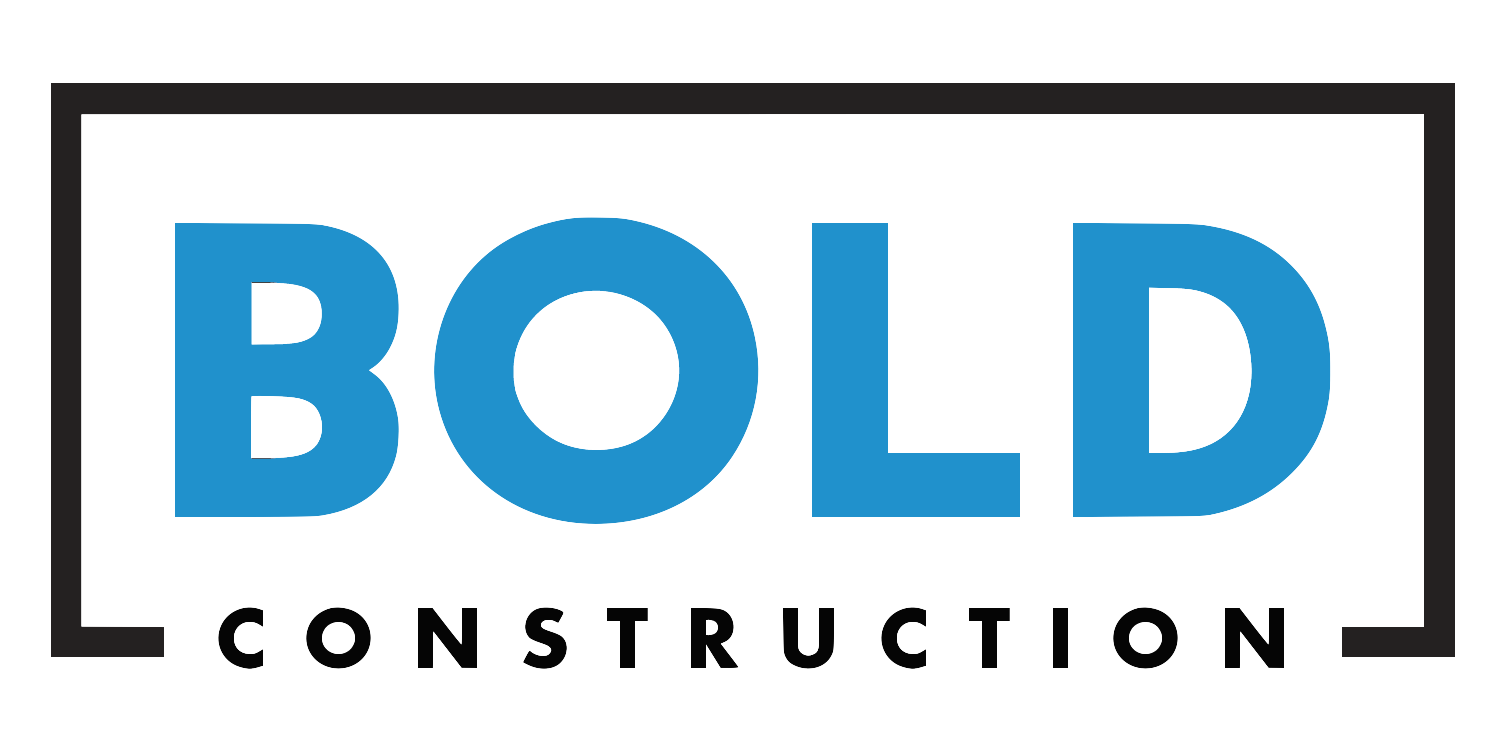
Originally reported by Ben Tobin, Triangle Business Journal.
Chris Ehrenfeld did not picture himself becoming the owner of an integrated real estate company when he graduated from UNC-Chapel Hill in 1997.
Ehrenfeld, a Pittsburgh native, grew up with a deep passion for construction and started in the industry by framing homes for other builders. Eventually, he started building homes for clients through his own company, Bold Construction.
And from there, Ehrenfeld created subsequent residential real estate, commercial real estate and development companies as well as a charitable foundation. Now, Ehrenfeld is the owner of Bold Companies, mainly focusing on real estate in Chatham and Orange counties.
“I would love to say that I had this master plan that one day I would have a construction company and a residential brokerage and a development company,” Ehrenfeld said. “But that would be a lie. … It just sort of happened by chance.
“But now that we have it, it just makes a lot of sense. And what I tell people is, if you’re thinking about anything in real estate in Orange or Chatham counties, call Bold, because we can likely assist you in some way, shape or form. Our specialty isn’t strictly construction or real estate development. Rather, our specialty is knowing this market inside and out.”
What launched your passion for construction?
Growing up, my family was always into doing projects around the house. We didn’t have a ton of money growing up, but my dad took a ton of pride in home ownership and doing improvement projects. We would frequently drive around and look at homes and homes under construction. For whatever reason, my parents always instilled in me a value of the importance of home ownership.
Did you imagine staying in North Carolina after UNC?
I grew up in Pittsburgh and I loved it there. But I didn’t really know anything different. And then when I came here and saw the differences, from a climate perspective and a growth perspective — everything here was new and growing and expanding, and Pittsburgh, at the time especially, was sort of transitioning. All the young people were leaving Pittsburgh for other opportunities. So when I came down here, the stark contrast of the growth and the energy and everything was just a vast difference from Pittsburgh and once I was here for not very long, I figured out this is probably where I was going to stay. I still love a lot of things I learned from Pittsburgh. It has a lot of strong values, blue-collar work ethic and other kind of stuff that sticks with you, but just the quality of life here was drastically improved.
Closer Look
- Age: 48
- Family: Married, two children
- Hometown: Pittsburgh
- Education: Bachelor’s, Kenan-Flagler Business School, UNC-Chapel Hill
- Favorite restaurant in Chatham County: The Sycamore
What are the biggest changes you’ve noticed in Chatham County over the past three decades?
We were really the first ones here in north Chatham and tried to establish ourselves here, but it has just grown so much over the years. Back in the early 2000s, if you had a Pittsboro address, real-estate wise, a house was going to sell for significantly less than if it had a Chapel Hill address. And so when Briar Chapel opened in 2008, they were fortunate enough that they were able to get a Chapel Hill address. That was a huge feather in their cap, because everybody was like, “If this thing has a Pittsboro address, it’s never going to get going.”
Fast-forward now, for the last five years, Pittsboro address stuff is selling, like hot cakes and actually at a premium. Chatham County median average home prices are actually higher than Chapel Hill. So it’s really flip-flopped. It went from an area that was sort of rural and not very desirable from a real estate perspective to being incredibly desirable and being now where everybody wants to live.
What is driving Pittsboro’s explosive growth?
Certainly Chatham Park is just a transformational project. But the other thing is Covid. The big push coming out of COVID was people wanted more land and more privacy. And Chatham County has historically had homes on larger pieces of land. And we saw communities that, before Covid, would sell sporadically, that during Covid and the 24 months after Covid, we’re selling at unbelievable rates. That demand continues to come today.

